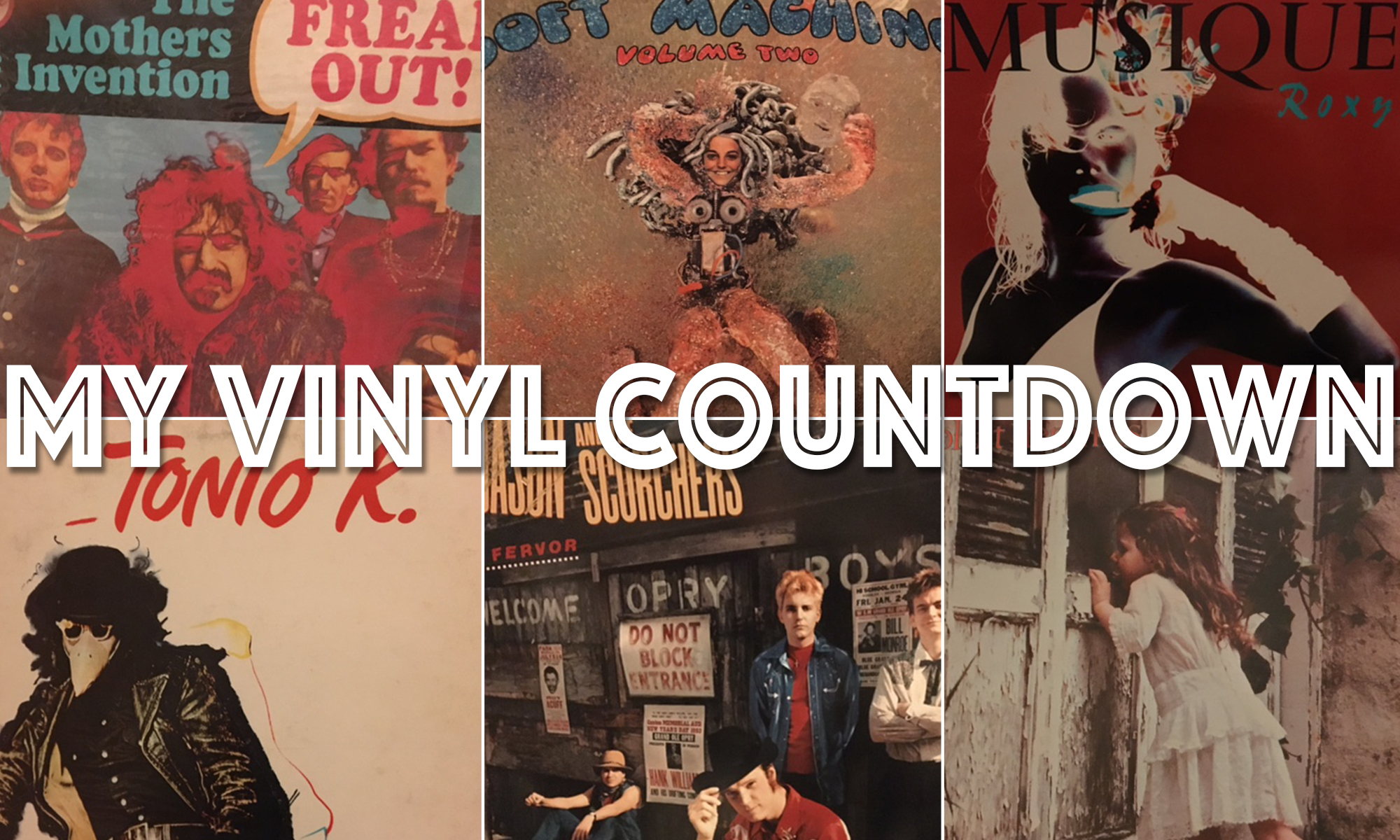We love lists in the media business. Readers sometimes complain about list stories but then read them voraciously.
But if you came for a list story here, you aren’t going to get one. This is more a Behind-the-List Story story.
They are very subjective, you know. Lists, rankings. Take best guitarists.
Is Eric Clapton really better than Carlos Santana? Was Jimi Hendrix really better than Stevie Ray Vaughn?
How about Nick Drake and Leo Kottke with their innovative acoustic folk, blues, rock? Is Pete Townshend on rhythm better than Keith Richards or their teacher, Chuck Berry?
I’d be hard pressed to find a better rock guitarist than Jimmy Page of Led Zeppelin but there’s some old(er)-timers our there that say Alvin Lee of 10 Years After was the man. Listen to this live version of Woodchopper’s Ball.
Slow down, I’m getting to the point here. These lists usually encapsulate three things going on:
(1) Popularity of the artist and his or her songs, Clapton and Page are famous for working with some of the biggest selling bands of all time. Are they truly better guitarists than Steve Morse. Who? Steve Morse who played with the Dixie Dregs and is now with Deep Purple. He can play. Glenn Phillips, of the Atlanta area, is pretty much the best guitarist you’ve never heard of. In the same neighborhood, his student Bob Elsey of the Swimming Pool Q’s plays tasty licks without walking over anyone. How many of these guitarists can play Nancy Wilson’s intro to ‘Crazy on You.? Probably most of those in this company, with time and study, but I would venture to say Nancy’s would be the best version..
(2) Speed and long solo skills A lot of guitarists get noticed because they can shred. That is, hit X number of notes in x number of seconds, usually going up and down scales. That’s a useful skill set especially in metal, hard rock, punk and even guitar-based jazz. But it’s one tool. The best shredder may be mediocre playing folk blues, for example.
(3) Flamboyant style. Jimi Hendrix was truly innovative but it wasn’t all flamboyance in the cause of the music, it was aimed at the ‘show.’ I’m pretty sure Hendrix can play better with his fingers than his tongue. But tonguing a guitar solo will leave people with their jaws hanging.
These three factors I’m saying play a role in these ranking and probably should. But before you start talking about who is better, Eddie Van Halen or Yngwie Malmsteen, Prince or Queen’s Brian May, the Schenker brothers of Scorpions and UFO fame, let me proffer that perhaps the best guitar players are those that do what’s best for the song. Delivering a fine song with a guitar solo that lasted 5-minutes too long is not necessarily being a great guitarist.
So it comes to this: Duane Allman.
I’m not saying he’s the top guitarist of all time or anything. But he had an unusual grasp of what sound to put forth while playing a song. How loud. How soft. When to fill and when to cut loose. The story goes that Duane was doing some session work at like age 22 or so, at Muscle Shoals studios, backing the great Wilson Pickett on a cover of the Beatles’ ‘Hey Jude.’
Listen for the guitar in this as it starts. You have to concentrate because it’s in the background.
But it’s perfect, the fills. And as Pickett winds up, Allman with electric guitar is right there supporting the singer, whip snapping Pickett into his famous ‘yow’ screams.
“He stood right in front of me, as though he was playing every note I was singing,” Pickett said months later. “And he was watching me as I sang, and as I screamed, he was screaming with his guitar.”
Duane’s legend was picking up steam.
[If you secretly do like list stories and want to take a peek at the most underrated artists, albums and songs in my collection. CLICK
